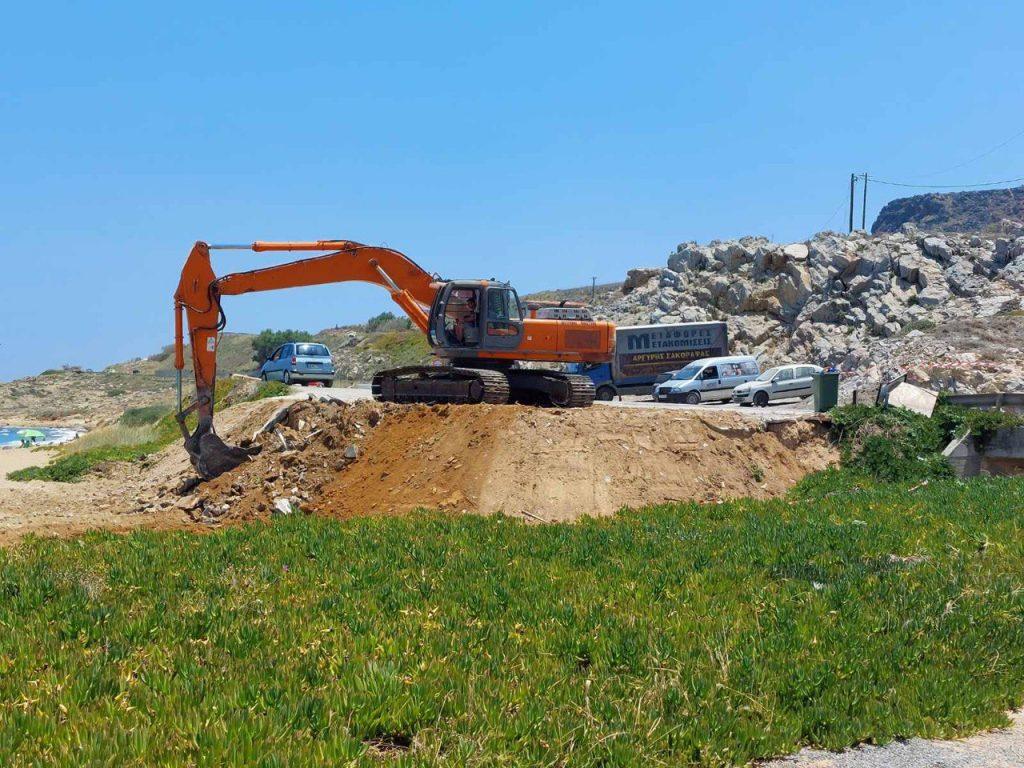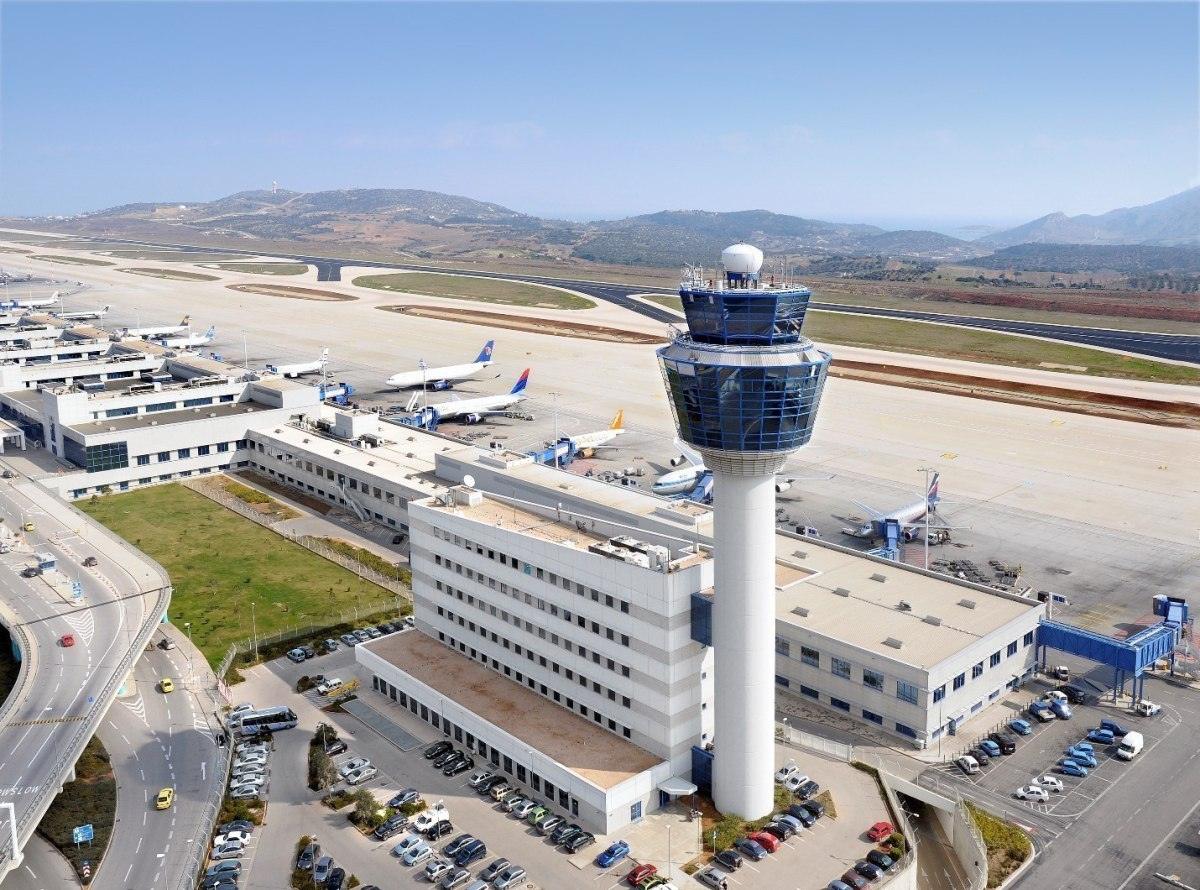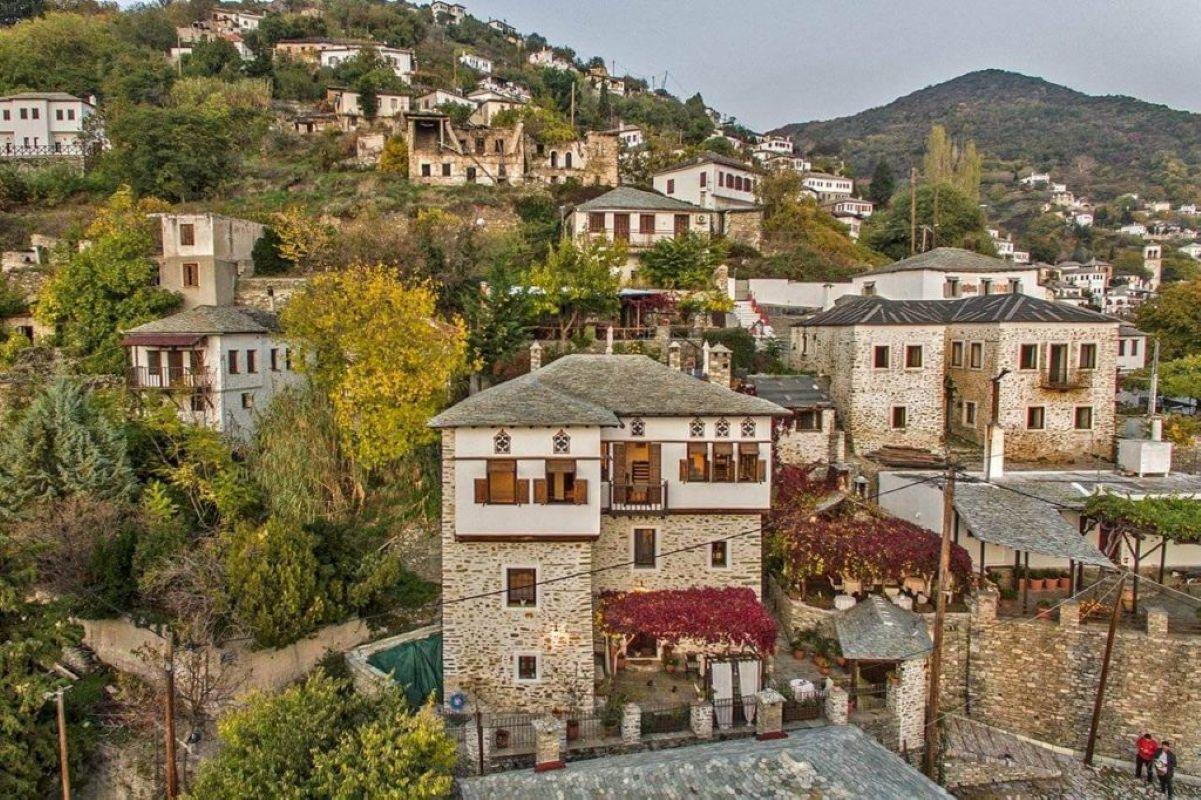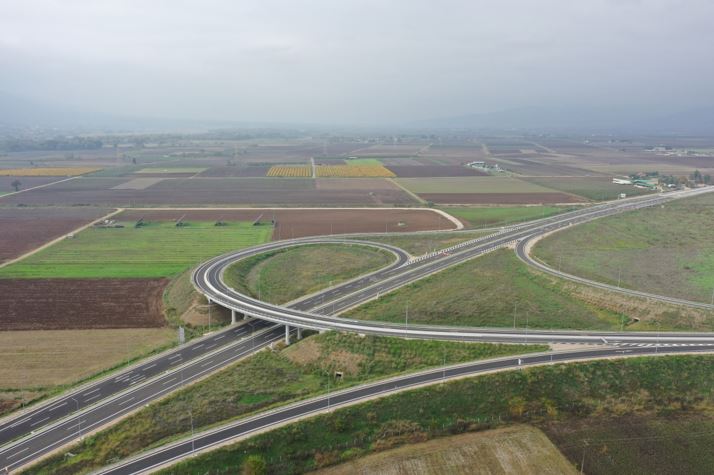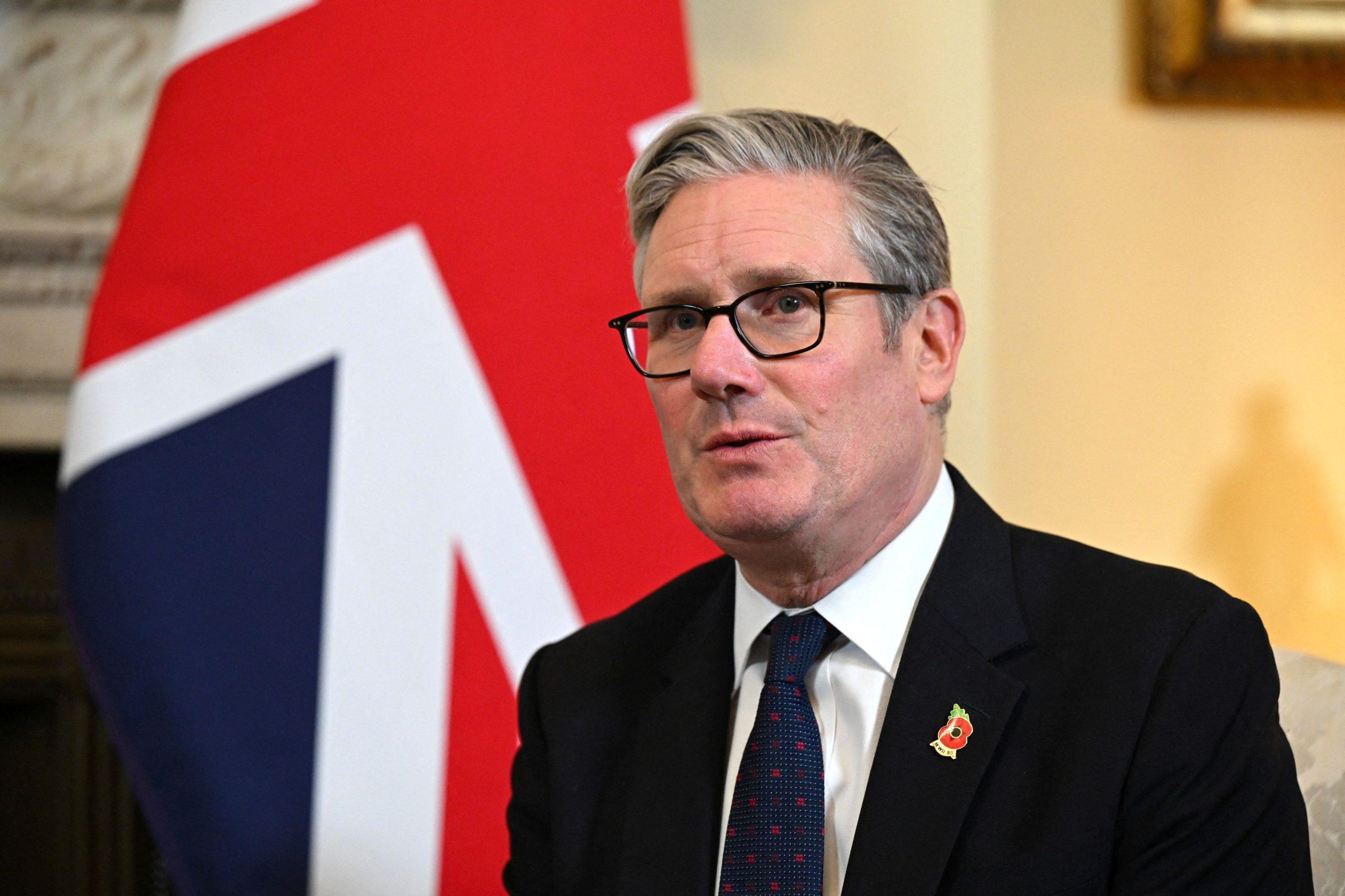The new polls confirmed and sealed the result of the May election. Primacy and self-reliance for New Democracy with 40.55%, a percentage more than double that of SYRIZA, which is limited to 17.84% and remains the official opposition. A reasonable question for Jens Bastian: Was the government of Kyriakos Mitsotakis so good in the previous four years or was the opposition so bad?
“I think it’s a combination of both,” says the German analyst. “Many do not want to remember the crisis in Greece, they wish to return to conditions of stability and normality, they want predictability for their future. All this was promised by Prime Minister Kyriakos Mitsotakis, while SYRIZA bet on a narrative of crisis. It was a complete misinterpretation of public opinion by Mr. Tsipras. Many were those who voted for New Democracy for the first time in their lives…”
When the recovery reaches the middle class
Jens Bastian knows Greek reality well. For a full 25 years – with some breaks – he lived and worked in Greece, while today he is a researcher at the German Foundation for Science and Politics (SWP), based in Berlin. He remembers the difficult years of the crisis, as he even participated in the Task Force of the European Commission. Does he think that Greece has entered the road to recovery?
“There is indeed a recovery, which is spreading more and more to the middle class,” says the German analyst. “I think that Mr. Mitsotakis managed to communicate this, unlike SYRIZA. Many people do not want to remember the past. They prefer to focus on the problems, but also on the opportunities of the present and especially the future, for themselves and for their children. Two different narratives collided in this election. While N.D. wanted to highlight the future, SYRIZA preferred to turn to the past. This is how elections are lost, especially in the middle social strata.”
Another parameter in the political landscape left of the Center is the attempt of PASOK to revive its own glorious past and – in the first phase – to succeed SYRIZA in the leadership of the opposition. “Time will tell if it will succeed,” says Jens Bastian. “Certainly there are voter shifts to the left parties. PASOK is recovering, coming from a low starting point, but its recovery is stabilizing. The KKE managed to exhaust its pool of permanent voters, especially among the young. SYRIZA is in decline. It will be very interesting to see how all these leftist parties will fare in Parliament in the coming years. Where does one differ from the other, where do they show common points and whether the question of leadership will be raised, which probably mainly concerns SYRIZA”.
Fragmentation of the political landscape
The new Parliament is different from the previous ones, if nothing else because three far-right parties are present. One of them, “Spartaties“, is even considered a “Trojan Horse” of the Golden Dawn, which has theoretically been banned. “The fact that Mr. Mitsotakis bet from the beginning on self-reliance and ruled out any possibility of cooperation has a political price,” points out Jens Bastian. “So we have eight parties in Parliament, three of which give the impression that they can be characterized as (partially) far-right or even neo-fascist. We thought that in Greece we had overcome these. And yet, one of these parties managed to get elected from prison straight to Parliament. This is not a good sign and I think it tarnishes the reputation of Greece.”
A final question for the experienced observer of political affairs in Greece: How does he interpret the fact that certain political families alternate in power from time to time? “There is indeed a tradition here, but it seems to be weakening with time,” says Jens Bastian . “In PASOK, we no longer have this family tradition, while we see that in New Democracies a different, younger generation is taking over the reins. It is a personal victory for Mr. Mitsotakis. I believe that, both in the first and in the second elections, there were many who wanted to vote for Mr. Mitsotakis, not necessarily for Mew Democracy. They chose a specific person rather than a specific political force.”















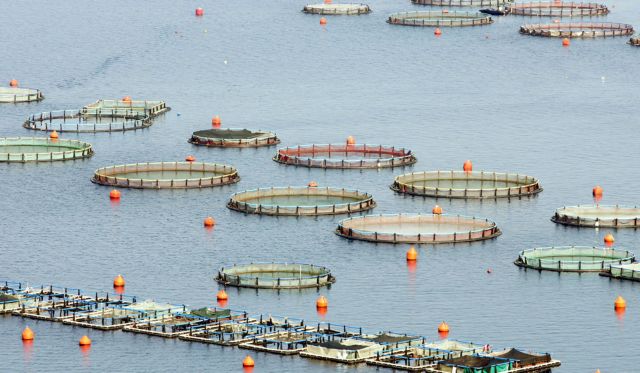
![Επαγγελματικά ακίνητα: Στα ύψη οι τιμές ενοικίασης – Οι περιοχές [πίνακες]](https://www.ot.gr/wp-content/uploads/2025/12/graf-1024x551-1.jpg)

